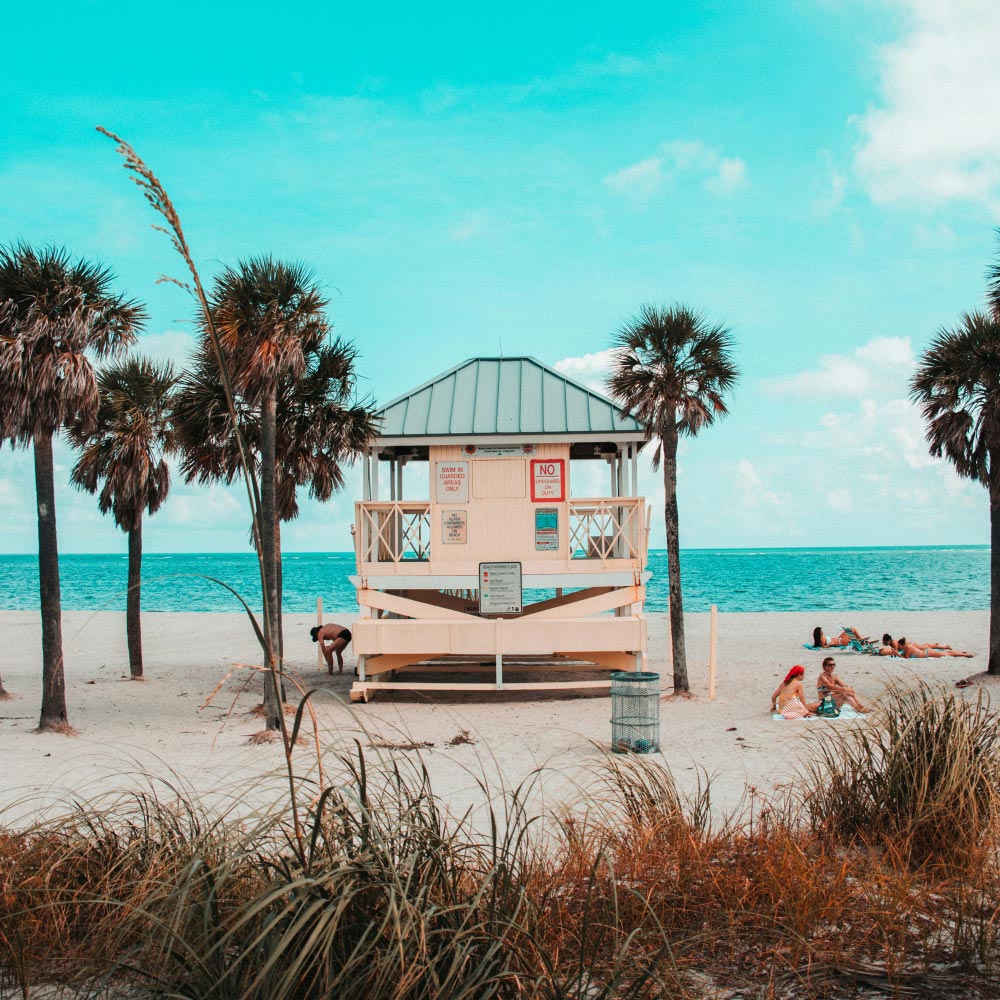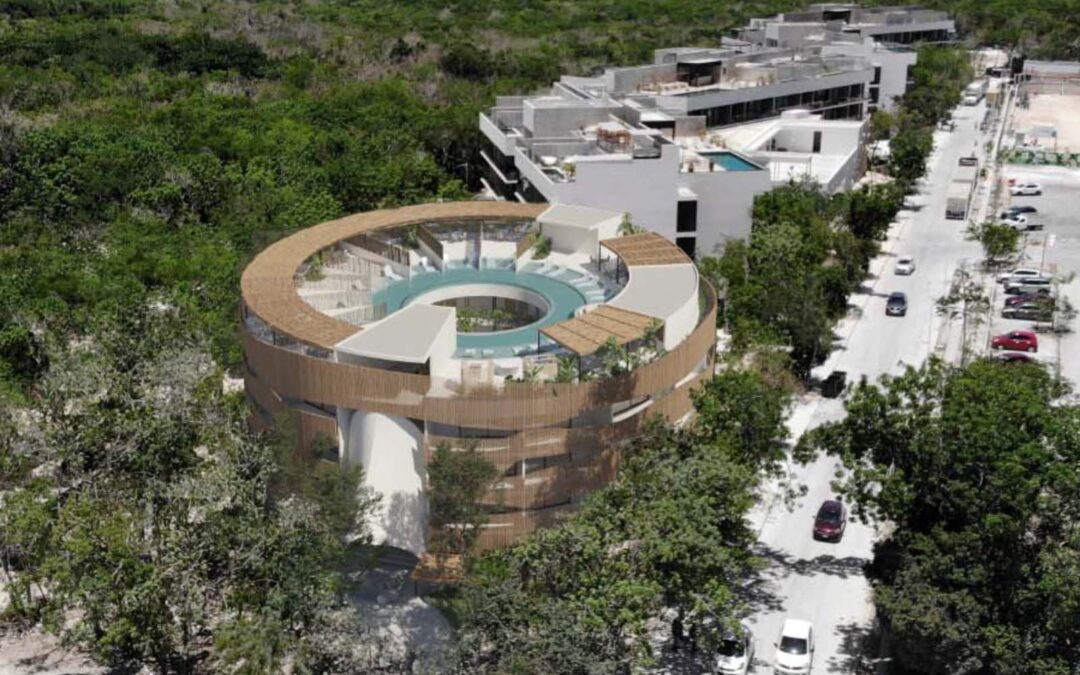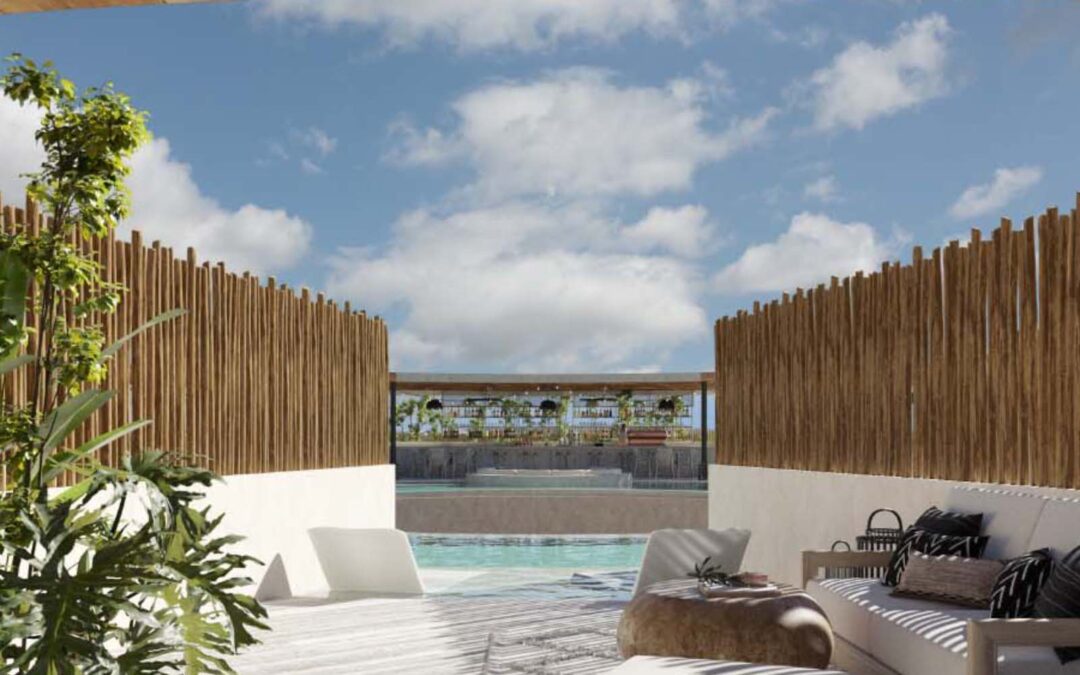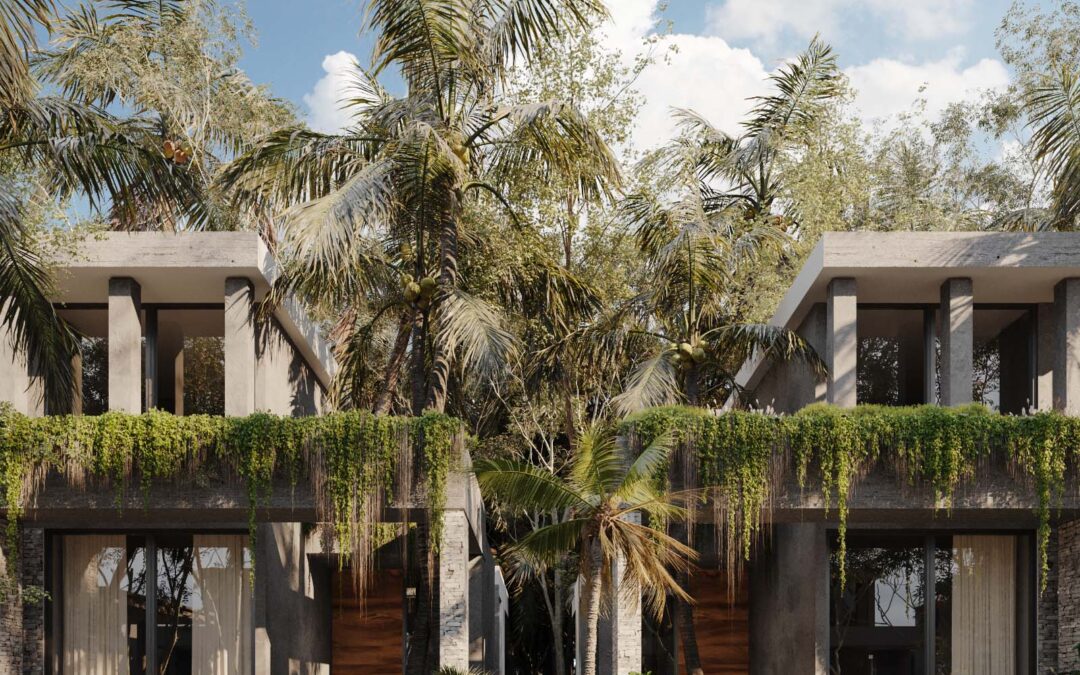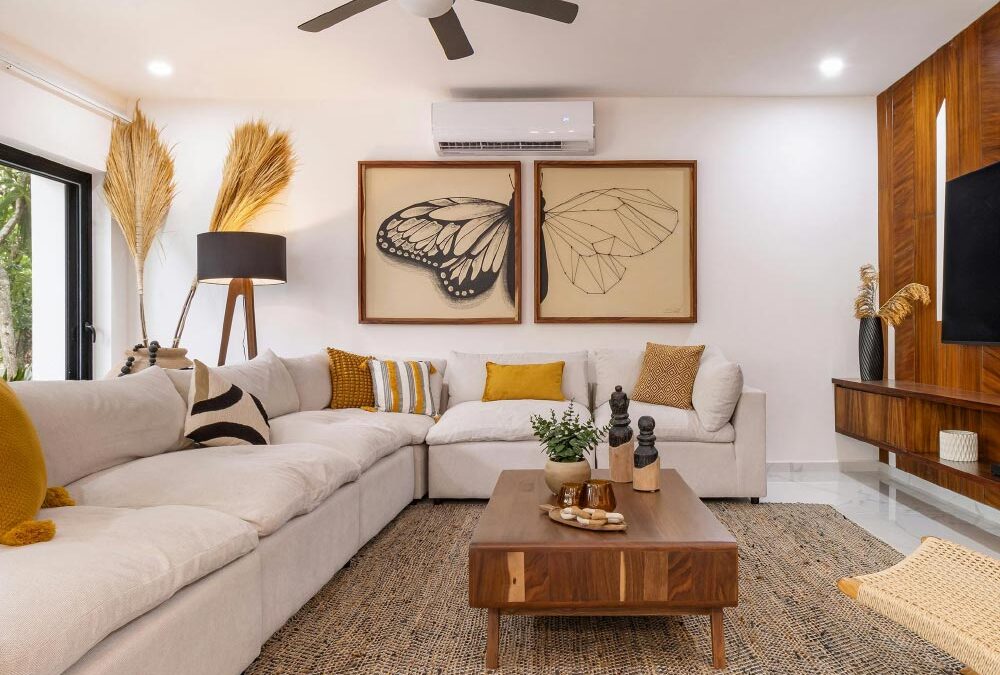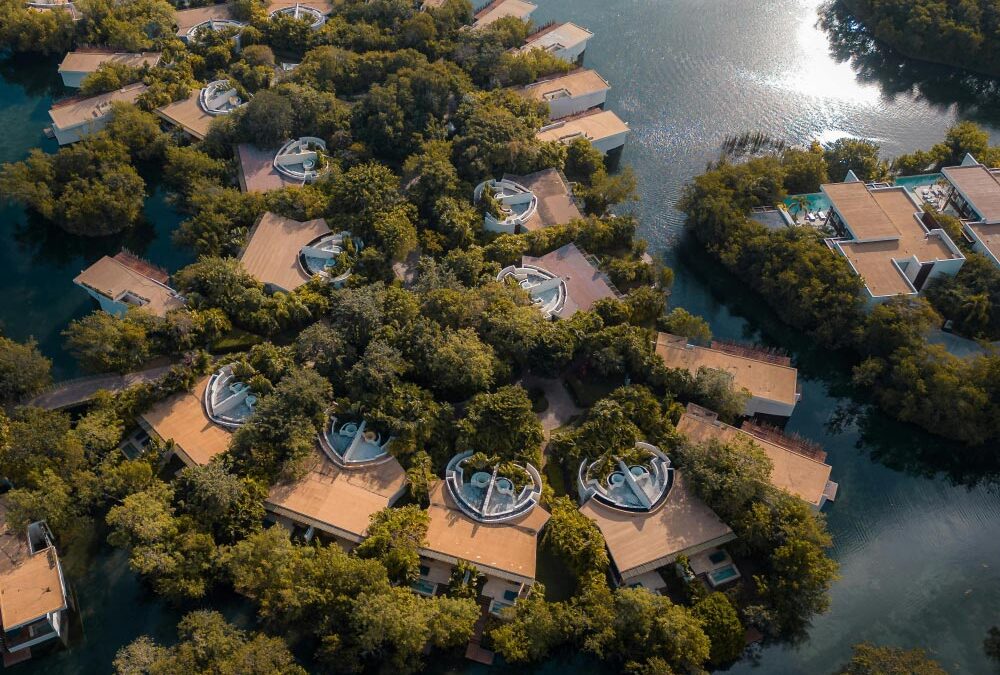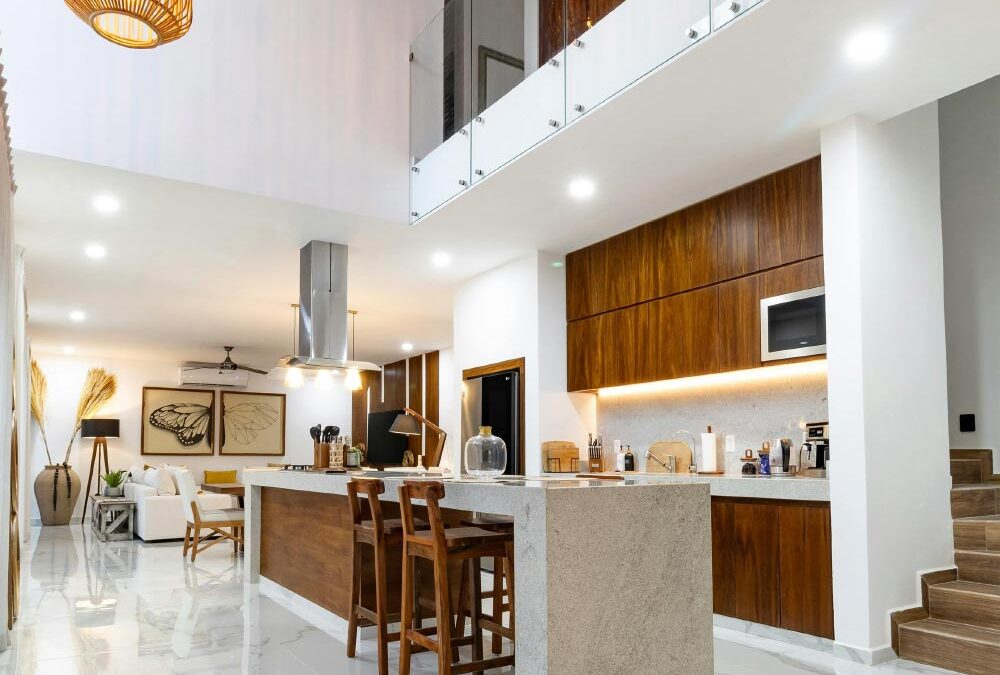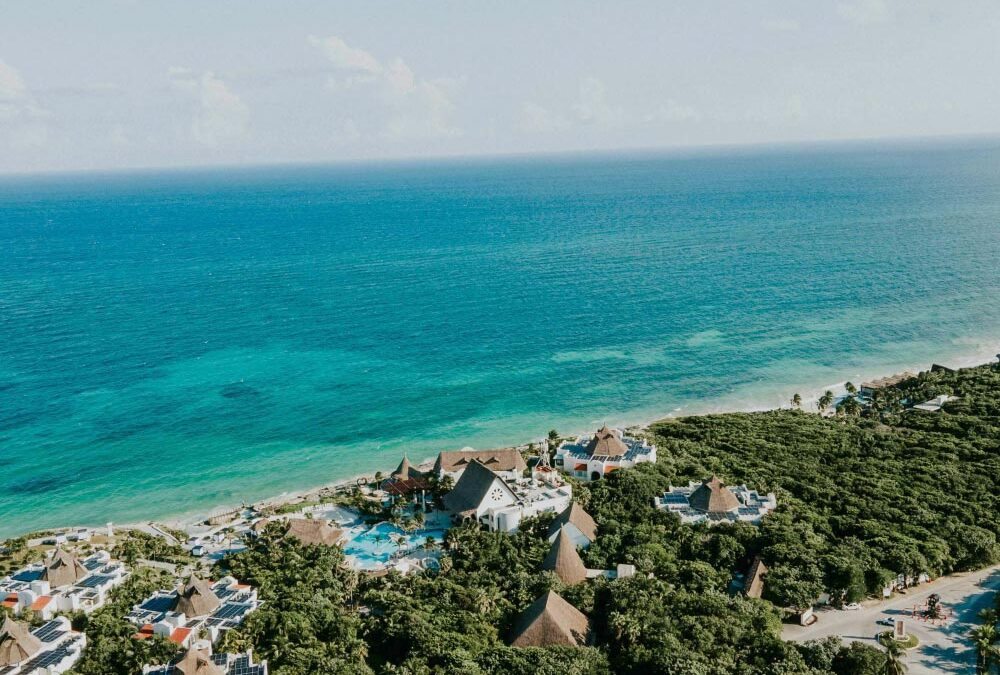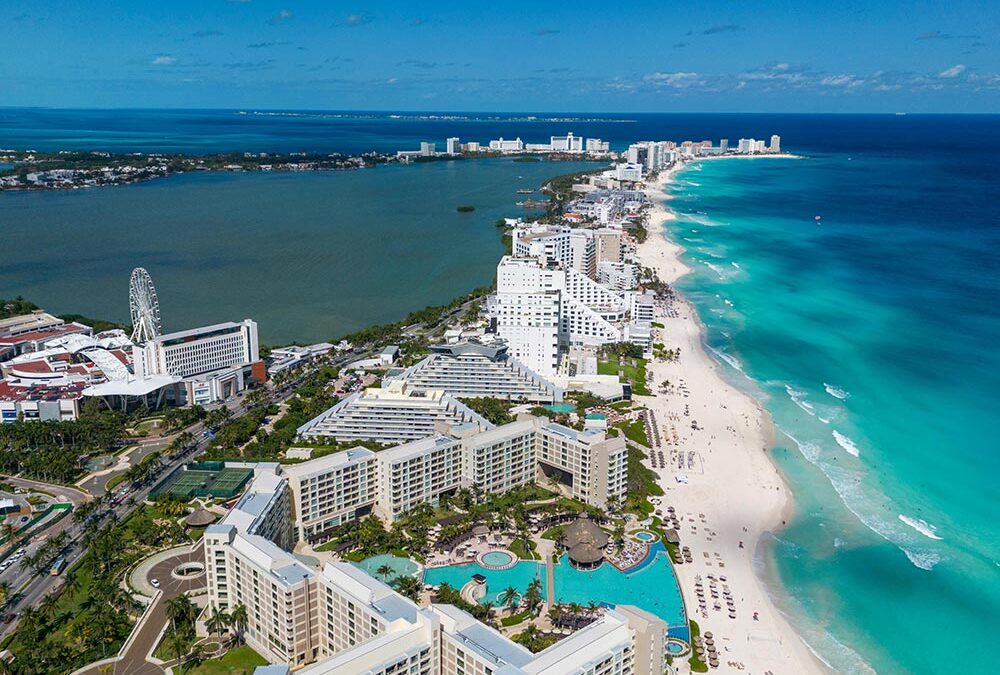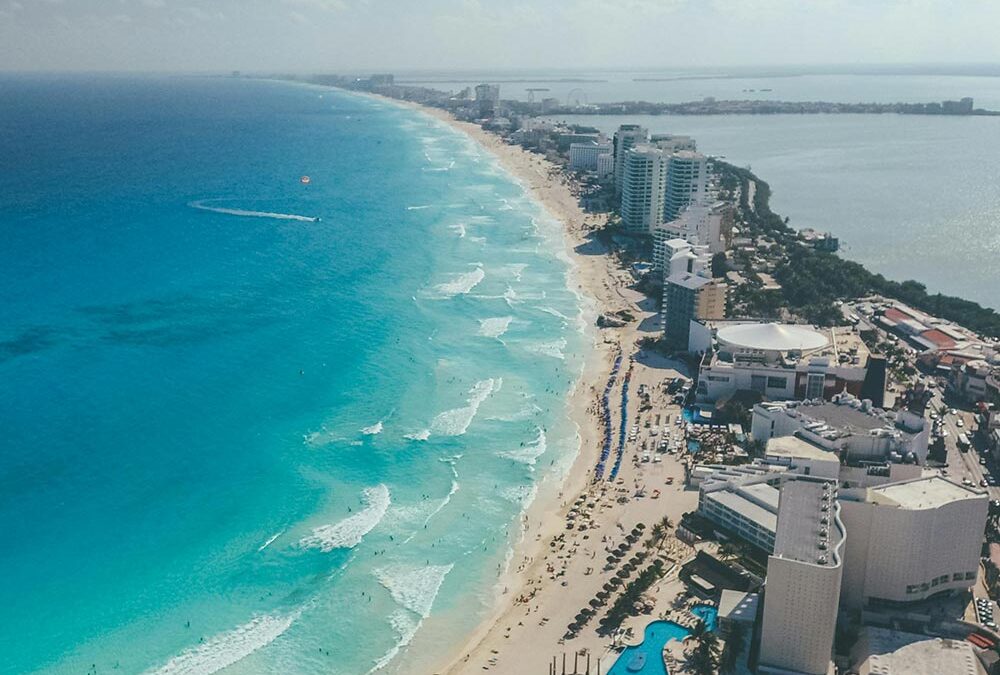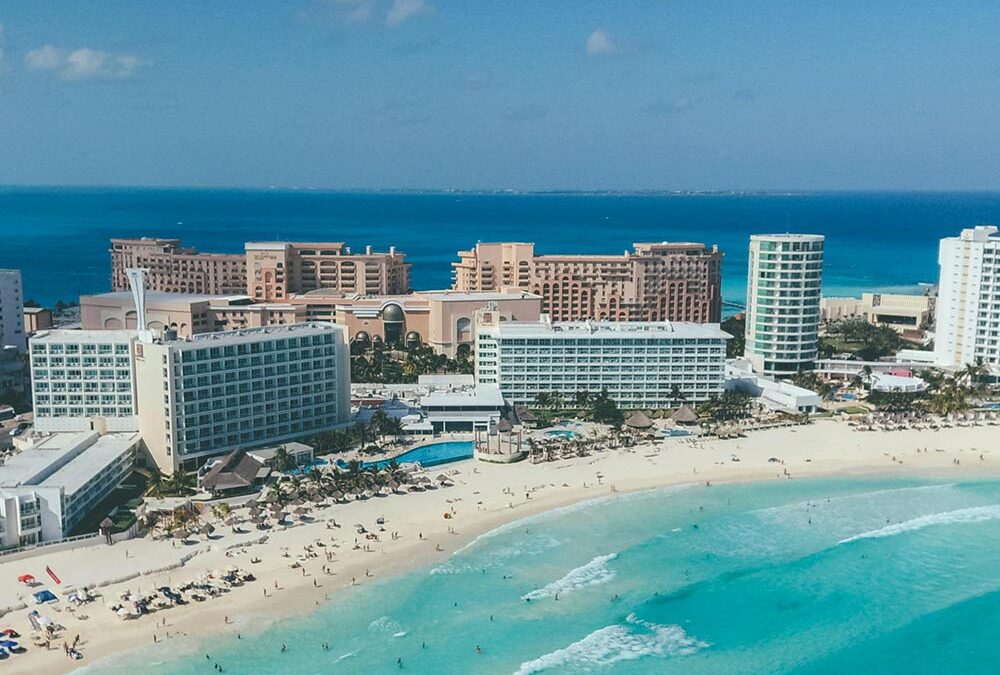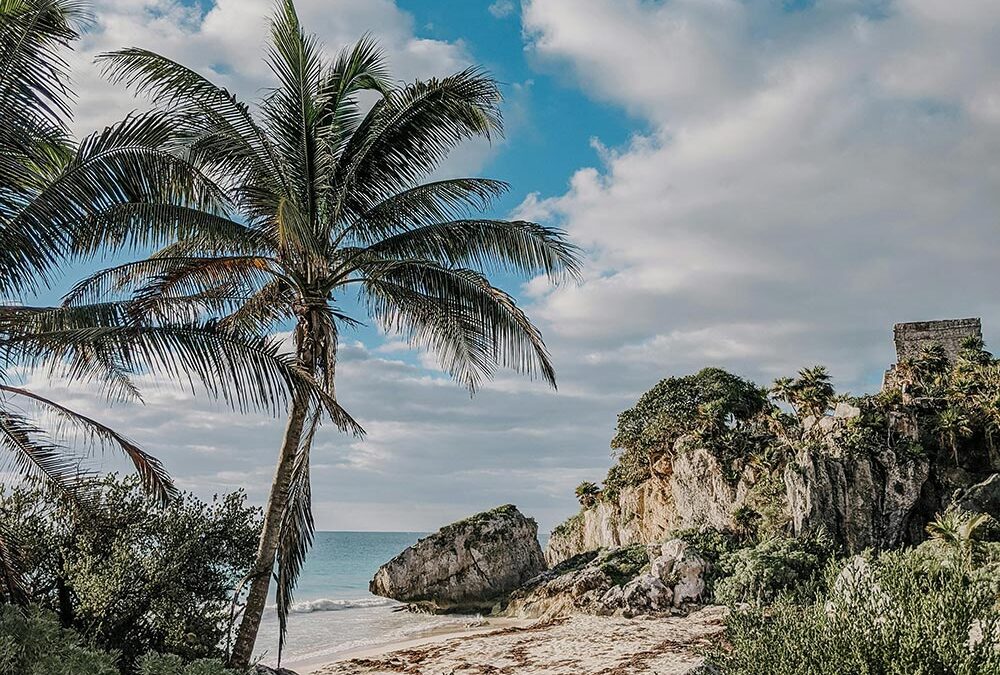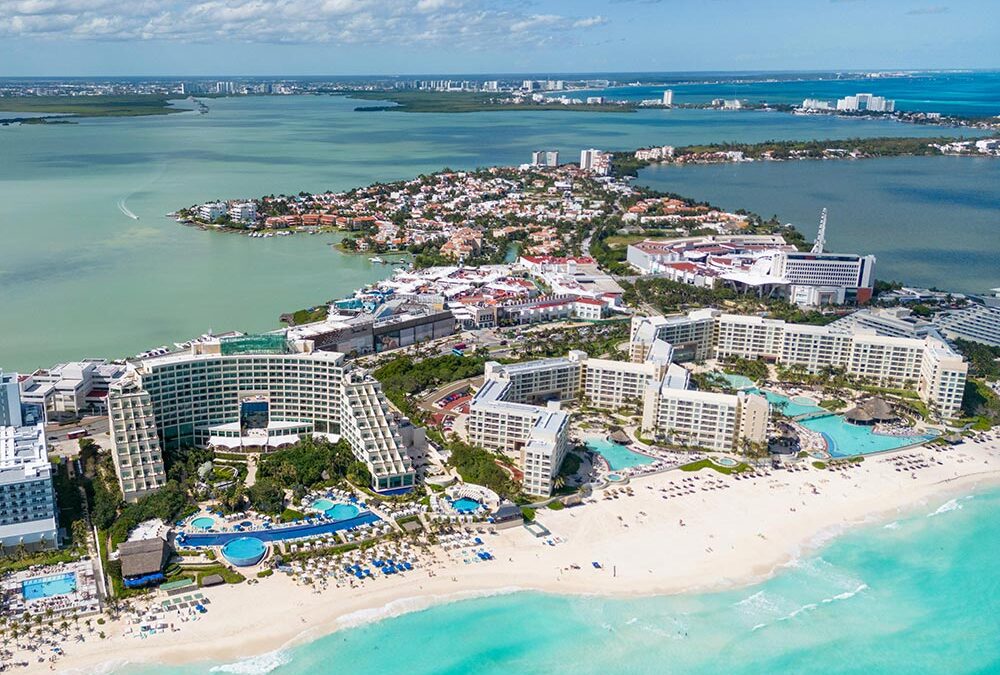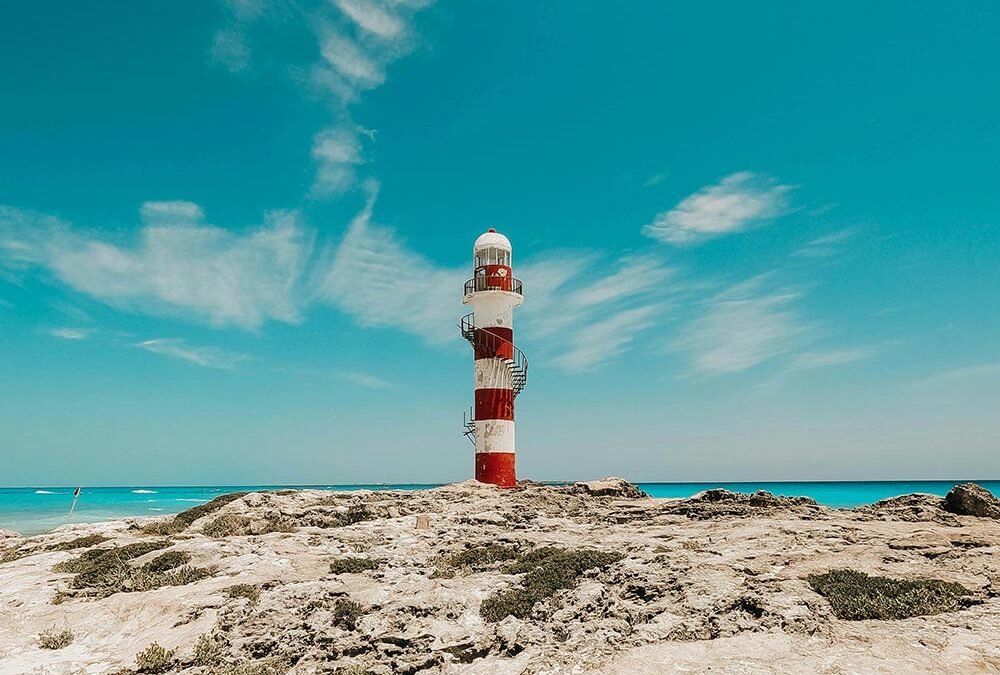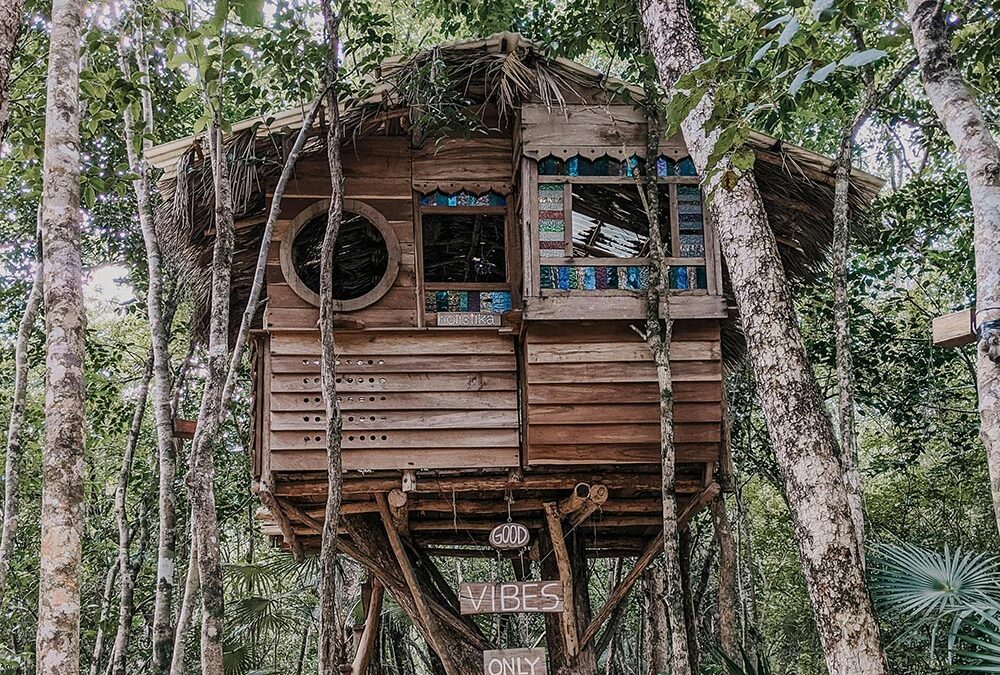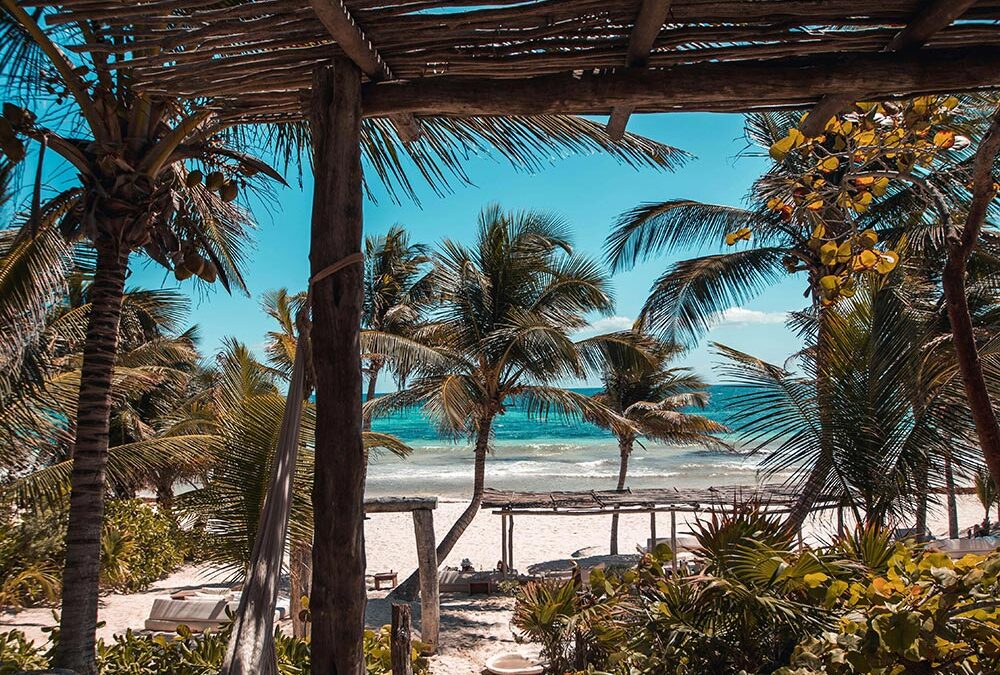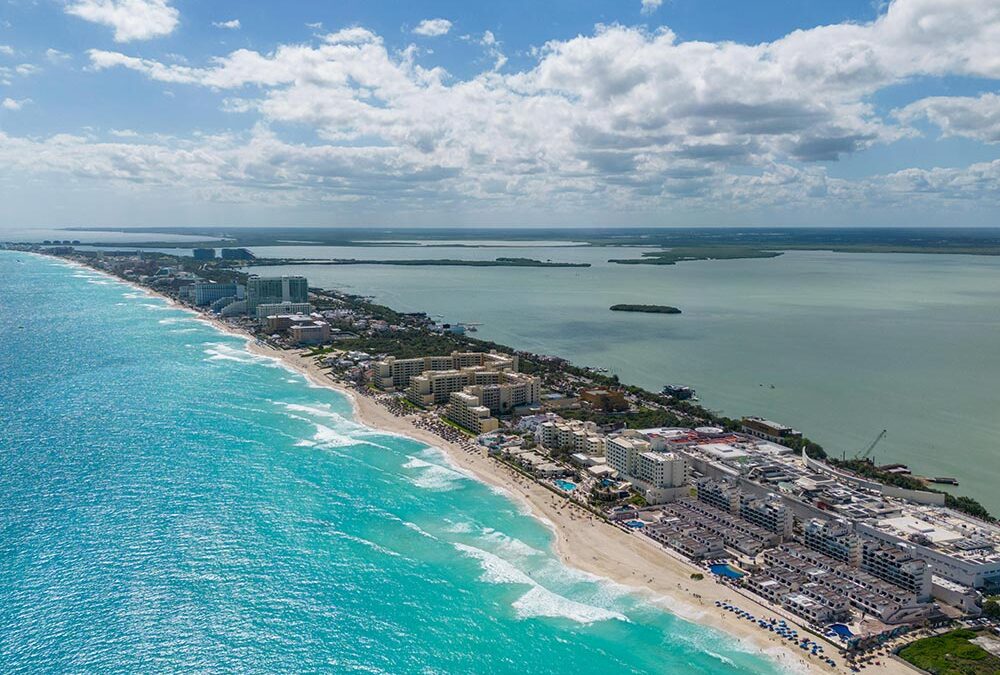Owning a vacation home offers more than just a private retreat from the everyday grind; it can serve as a financial asset with considerable earning potential. Converting your vacation property into a rental home allows you to enjoy the best of both worlds—personal enjoyment during select times of the year and passive income when rented to guests. By understanding the mechanics of turning your vacation home into an income property, you can reduce your financial burden, take advantage of tax benefits, and potentially generate a significant return on investment (ROI). In this guide, we’ll cover everything from assessing the market to implementing efficient rental strategies and understanding the legal and financial implications.
Benefits of Converting a Vacation Home to an Income Property
Generating Passive Income
One of the most significant advantages of renting out a vacation home is the steady income stream it can produce. Seasonal rentals, particularly in high-demand tourist areas, can command premium nightly or weekly rates. For example, a beachfront home in a popular tourist destination can earn several thousand dollars per month during peak seasons. Even modest properties in lesser-known destinations can bring in sufficient revenue to offset ownership costs. Passive income also creates opportunities to reinvest in property upgrades, which can further increase rental rates and the overall value of your investment.
Offsetting Ownership Costs
The expenses of owning a second home, including property taxes, insurance, mortgage payments, and maintenance, can be daunting. Renting out the property for even part of the year can significantly reduce this financial burden. For instance, some property owners report that income generated during peak tourist seasons is enough to cover the entire year’s expenses. This alleviates financial pressure and allows you to enjoy the benefits of property ownership without excessive cost strain.
Building Long-Term Equity
Real estate is widely regarded as one of the most reliable long-term investments. As your vacation home’s market value appreciates over time, you build equity—a critical asset that can be leveraged for future investments. Additionally, offering your home as a rental can create an income stream that accelerates debt repayment, further enhancing your financial position. Strategic upgrades and maintaining the property’s market appeal will ensure its long-term desirability, boosting both rental income and resale value.
Key Considerations Before Renting Out Your Vacation Home
Understanding Local Regulations
Short-term rental laws vary widely by location. Some cities and towns have strict regulations requiring permits, zoning approvals, or adherence to specific guidelines regarding occupancy limits and rental durations. Failing to comply with these regulations can result in fines or even the inability to continue renting. For example, cities like Los Angeles and New York City have implemented stringent rules to regulate short-term rentals. Conduct thorough research or consult a local attorney to understand the legal framework in your area.
Insurance Coverage
Standard homeowner’s insurance policies typically do not cover damages or liabilities associated with rental activity. Upgrading to a short-term rental insurance policy or adding a rider to your existing policy can provide necessary coverage. These policies often include protections against property damage caused by guests, liability coverage in case of accidents, and income loss protection in the event of cancellations or natural disasters.
Target Audience and Market Analysis
Identifying your ideal renter demographic is a crucial step in creating a successful rental strategy. Are you targeting families, couples, or solo travelers? For instance, a vacation home near family-friendly attractions should be tailored to accommodate groups with children, offering amenities such as high chairs, cribs, and toys. Analyzing local competitors, seasonal demand, and pricing trends will also help you determine the best way to position and market your property.
Optimizing Your Vacation Home for Rentals
Furnishing and Décor
Investing in quality furnishings and tasteful décor can elevate your vacation home’s appeal. Properties that stand out visually are more likely to attract bookings. Durable, easy-to-clean furniture is essential for minimizing maintenance costs, while personal touches like local art or themed décor can create a memorable experience for guests. Additionally, a fully equipped kitchen, comfortable beds, and well-designed outdoor spaces are must-haves for most renters.
Maintenance and Cleanliness
Regular maintenance is critical for keeping your vacation home in top condition. This includes not only repairing visible wear and tear but also routine checks of appliances, plumbing, and heating systems. Hiring a professional cleaning service ensures that the property is spotless between guests, a factor that significantly influences guest reviews and repeat bookings. Guests expect an experience that mirrors or exceeds the quality of a hotel, and cleanliness plays a pivotal role in achieving this standard.
Smart Home Technology
Integrating smart home technology can enhance convenience for both you and your guests. Features like keyless entry systems simplify check-ins and improve security, while smart thermostats allow for remote management of energy usage. Adding motion-activated lighting and cameras can also increase safety, making your property more attractive to prospective renters. These small investments can pay off through increased bookings and positive reviews.
Marketing Your Vacation Property
Leveraging Online Platforms
Listing your vacation home on popular platforms such as Airbnb, Vrbo, or Booking.com exposes your property to a global audience. A standout listing includes high-quality photos that showcase the property’s best features, a detailed and engaging description, and competitive pricing. Keywords that highlight the property’s unique selling points, such as “oceanfront,” “luxury,” or “family-friendly,” improve search visibility and attract the right clientele.
Seasonal Promotions
To maximize occupancy during off-peak seasons, consider offering discounts or special packages. For example, a ski chalet might include discounted lift passes during spring or fall when demand is lower. Promotions tied to local events or holidays can also entice potential guests. Highlight these offers in your marketing efforts to ensure consistent bookings year-round.
Encouraging Reviews
Guest reviews are one of the most critical factors in building trust and attracting future bookings. Provide an exceptional experience by being responsive to inquiries, offering clear instructions, and going the extra mile with thoughtful gestures such as welcome baskets. Promptly addressing any issues that arise during a guest’s stay demonstrates a commitment to customer satisfaction, leading to glowing reviews and high ratings.
Financial and Legal Aspects of Vacation Rentals
Tax Implications
Rental income is subject to taxation, but there are numerous deductions you can claim to offset this liability. Expenses such as property management fees, advertising costs, and repairs are typically deductible. If you use the property personally, consult a tax professional to understand how to allocate deductions properly and comply with IRS guidelines. Maintaining thorough records is essential for minimizing tax burdens while ensuring compliance.
Setting Competitive Rates
Establishing the right pricing strategy is critical to maximizing rental income. Research comparable properties in your area to gauge competitive rates. Using dynamic pricing tools like Beyond Pricing or PriceLabs allows you to adjust rates based on demand, seasonality, and occupancy trends. Experimenting with pricing during different seasons can help you identify what works best for your market.
Case Study: A Beachfront Home Turned Top Airbnb Listing
In this case study, a couple transformed their inherited beachfront home into a top-rated Airbnb listing. Initially facing challenges such as outdated interiors and inconsistent bookings, they revamped the property with modern furnishings, eco-friendly upgrades, and family-friendly amenities. By partnering with a local property manager and adopting a dynamic pricing strategy, they achieved an average occupancy rate of 85% and a 35% annual ROI. This success underscores the importance of strategic planning, market awareness, and ongoing investment in property improvements.
Conclusion
Transitioning a vacation home into an income property is an exciting opportunity that combines personal and financial benefits. By carefully navigating legal requirements, optimizing the property, and marketing it effectively, you can create a steady income stream while preserving your ability to enjoy the home for personal use. With thoughtful planning and a commitment to providing excellent guest experiences, your vacation home can evolve into a lucrative and sustainable investment.
FAQs
Is it better to rent a vacation home short-term or long-term?
Short-term rentals often yield higher per-night income but require more active management, including frequent cleaning and guest interactions. Long-term rentals provide consistent income with less effort but at lower rates. Consider your goals, location, and availability to manage the property when making this decision.
What are the best amenities to include in a vacation rental?
Essential amenities include high-speed Wi-Fi, fully equipped kitchens, comfortable beds, and quality linens. Extras like outdoor grills, hot tubs, and entertainment systems can set your property apart. Pet-friendly policies or eco-friendly features may also attract specific niches.
How can I make my vacation rental stand out?
Focus on creating a unique experience through high-quality photos, a memorable décor, and personalized touches such as local guides or welcome packages. Strong communication and exceptional service are also critical for positive guest experiences and reviews.
What are the most common challenges of renting out a vacation home?
Challenges include managing guest expectations, handling maintenance issues, and staying compliant with local regulations. Tools like property management software and professional cleaning services can help streamline operations and reduce stress.
Do I need a property manager for my vacation rental?
A property manager can be invaluable if you live far away from the property or lack time to handle day-to-day tasks. They can manage everything from guest communication to maintenance, ensuring a smooth and professional rental experience.
